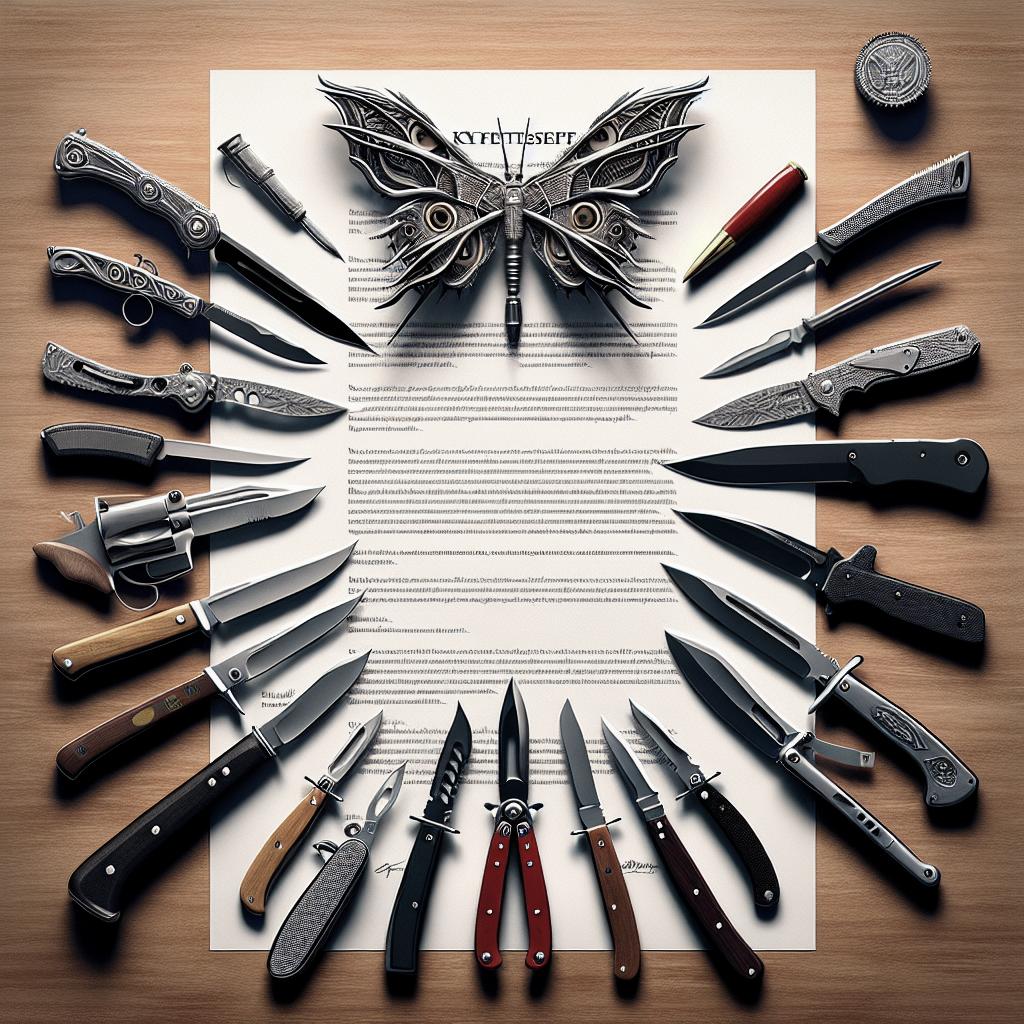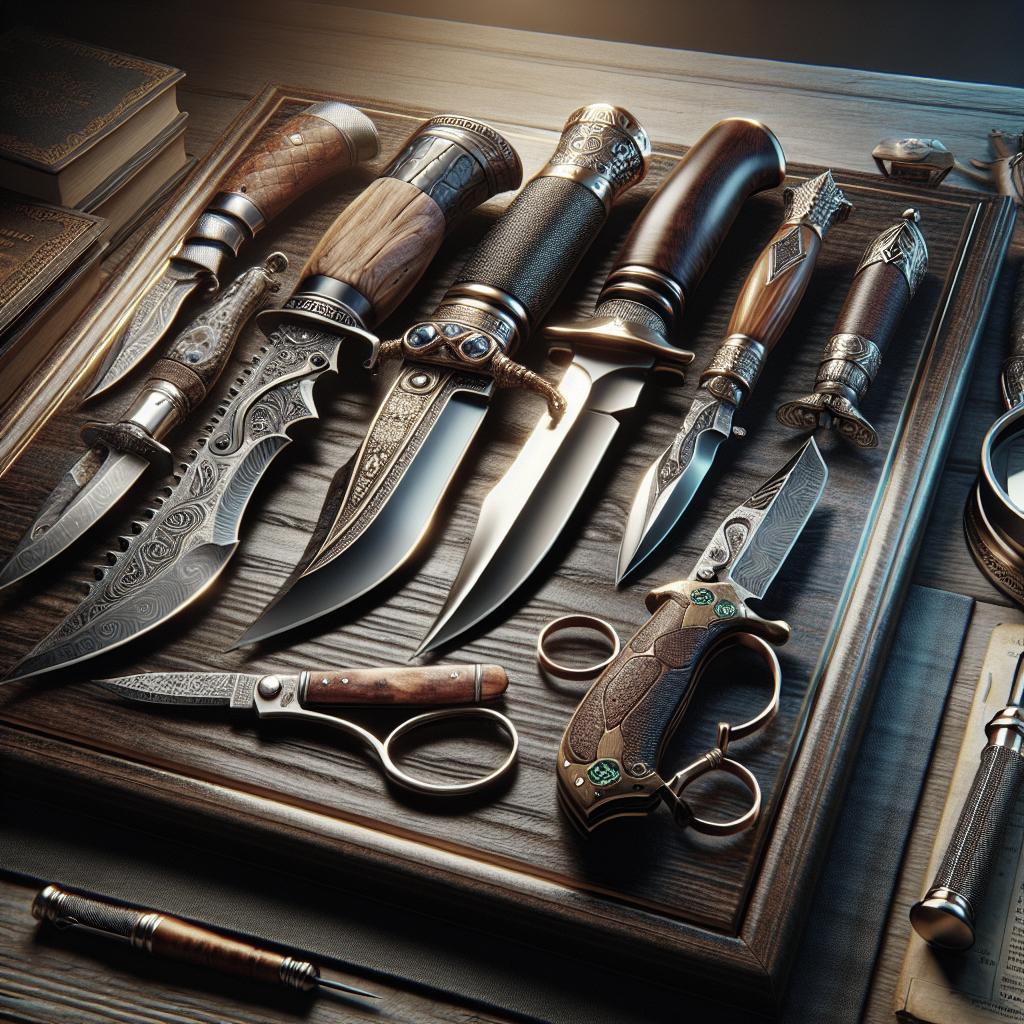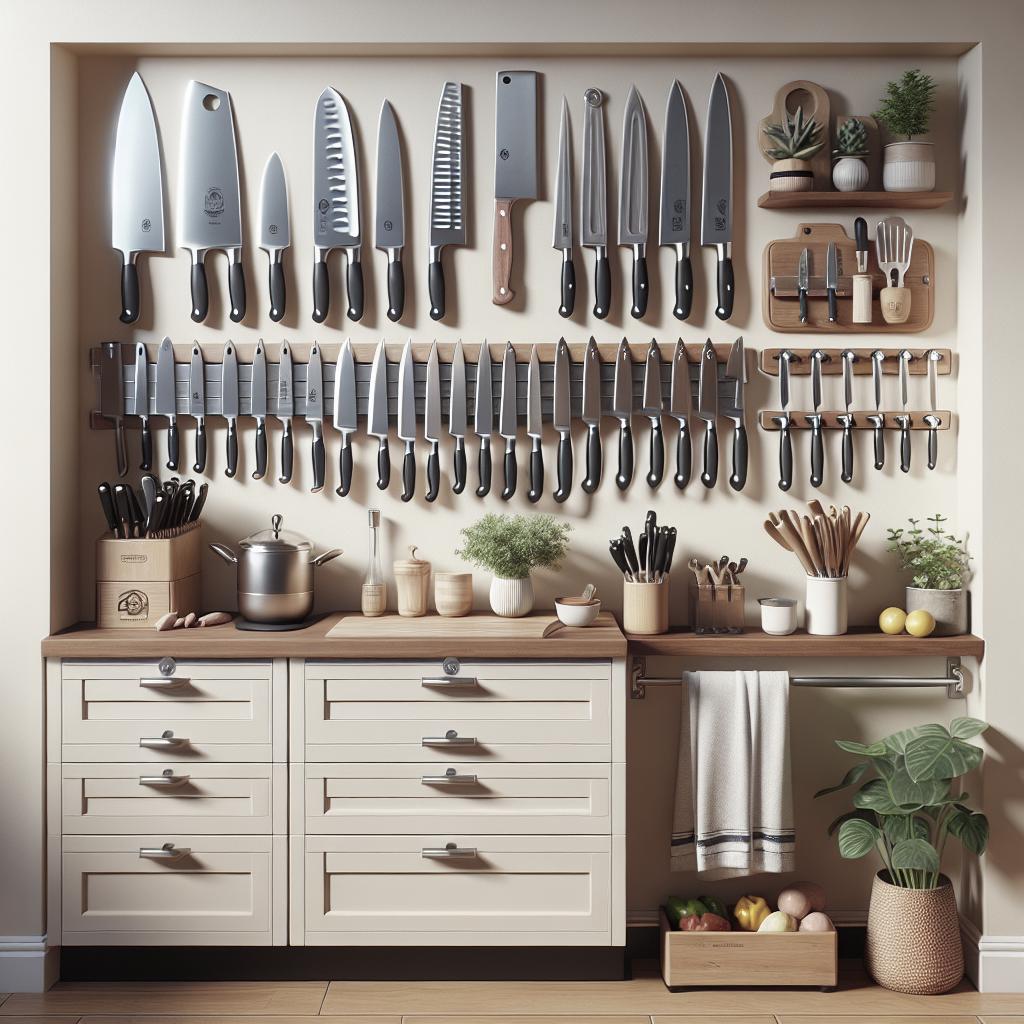Folding knives are versatile tools widely used across Canada for various professions and recreational activities. However, understanding the legal landscape surrounding knife ownership and use is essential for responsible handling. This blog post delves into Canadian knife laws, outlining the types of folding knives permitted and prohibited, and provides guidance on legal carry practices and import restrictions. We explore how certain professions and hobbies influence knife legality and emphasize the importance of responsible knife ownership. By summarizing these critical points, we aim to equip readers with the knowledge to navigate knife regulations effectively.
An Overview of Canadian Knife Laws
Canadian knife laws are crafted to ensure public safety while accommodating lawful use of valuable tools. The Criminal Code of Canada and the Customs Act form the backbone of these regulations, specifically dictating which knives are permissible within the country’s borders. Law enforcement agencies and courts also interpret these laws based on context and intent, meaning that the circumstances under which a knife is carried play a crucial role in determining its legality.
While Canada doesn’t have an overarching ban on folding knives, certain mechanisms and designs are explicitly restricted. Gravity knives, switchblades, and centrifugal knives fall under prohibited categories. The overarching aim of these laws is to prevent the availability and misuse of knives that can be easily deployed for nefarious purposes. To navigate these regulations effectively, Canadians must understand the specific characteristics of both legal and illegal blades.
Types of Folding Knives Under Canadian Law
Folding knives can be segmented into several categories based on their opening mechanisms, designs, and intended uses. The distinction is vital for ensuring compliance with legal statutes. The law identifies specific characteristics that may render a folding knife illegal, regardless of its intended application.
It’s important for consumers and enthusiasts alike to discern between what may be attractive features and what is lawful. Being well-informed not only aids compliance but also promotes the responsible use of these valuable tools, preventing the unintended violation of Canadian knife statutes.
Which Folding Knives Are Legal?
Folding knives that operate manually, requiring deliberate action to deploy, are generally considered legal in Canada. These include knives with thumb studs, nail nicks, or other features that necessitate physical effort to open the blade. Legal folding knives are typically used in everyday tasks, utility functions, and various professional settings. In these contexts, intent is a key factor in the knife’s legality, underscoring that its presence is for lawful purposes.
When carried in a manner consistent with their intended use—such as in toolkits or for outdoor activities—legal folding knives are not typically subject to confiscation. Nonetheless, carriers must remain aware of Canada’s knife laws to ensure that they maintain a legitimate and defensible position if questioned by law enforcement.
Which Folding Knives Are Prohibited?
Canadian law explicitly prohibits certain types of folding knives, mainly those categorized as switchblades, gravity knives, and any knife that can open automatically by centrifugal force or pressure applied to a button. These knives are considered dangerous because they can be deployed quickly and easily in a threatening manner.
The classification of a folding knife can sometimes be ambiguous, depending on its design. For instance, knives with assisted opening mechanisms could potentially fall into legal grey areas if misconstrued as prohibited types. Therefore, it’s crucial for knife carriers and sellers to ensure compliance not just by understanding the mechanical function of a knife but also how it is perceived under the law.
Importing Knives into Canada
The importation of knives into Canada is governed by the Canada Border Services Agency (CBSA), which aligns closely with national laws prohibiting certain types of knives. Prospective importers must be aware of the classification and characteristics of knives allowed into the country to avoid their items being seized at the border.
Manufacturers and retailers often need to provide clear documentation and evidence that their products comply with Canadian law. This includes detailed descriptions and images of the knife’s operational mechanisms. Failure to meet import criteria can result not only in seizure but also legal penalties or restrictions, making it essential for businesses to stay informed about current import policies.
Legal Carry Guidelines for Folding Knives
Legal carry of folding knives in Canada hinges on intent and context. While there is no specific law stipulating a maximum blade length for folding knives, their possession must be justified by lawful purpose. This could include use for work, recreation, or other practical applications.
When carrying a folding knife, it is advisable to keep it in a manner that aligns with lawful activities, such as in a tool belt, backpack, or pocket while engaging in outdoor tasks. Demonstrating the knife’s utility purpose can often influence legal outcomes if its possession is questioned.
Folding Knives for Specific Professions and Activities
Certain professions and recreational activities inherently involve the use of folding knives, which are considered indispensable tools. Their legal status often intersects with their utility, underscoring the importance of context when assessing potential legal challenges.
Whether for cutting rope during a climb or whittling wood on a camping trip, folding knives serve practical, non-threatening purposes that align with responsible use. Understanding how these applications fit within legal frameworks is key for enthusiasts and professionals alike.
Outdoor Enthusiasts
For outdoor enthusiasts, folding knives are essential tools that assist in a variety of tasks, from setting up camp to preparing food. Legal guidelines advocate for these knives’ use as multi-purpose utensils crucial for survival activities, as opposed to weapons.
Carrying a knife for outdoor activities should be paralleled with responsible usage. Outdoor enthusiasts are encouraged to educate themselves about legal responsibilities, ensuring their actions align with Canadian knife laws to avoid misunderstandings during their adventures.
Tradespeople and Craftsmen
Tradespeople frequently use folding knives for precision tasks, such as cutting insulation or stripping wires. The law typically supports these tools’ use within a work context, provided that they are put into service safely and responsibly.
Employers and employees should remain cognizant of the knife types utilized in their industry. By documenting the necessity and use of folding knives within professional settings, tradespeople can navigate legal inquiries effectively, reinforcing the tools’ legitimacy.
Hunting and Fishing
In hunting and fishing, folding knives play a vital role in both safety and the facilitation of basic tasks, such as cleaning game or preparing bait. Legal frameworks often recognize the necessity of these knives in such sports activities, provided they are employed safely and ethically.
Hunters and anglers can benefit from understanding the legal nuances of carrying knives, ensuring their equipment serves lawful and constructive purposes. Familiarity with jurisdictional regulations helps underscore the legitimacy of folding knives as vital components of outdoor sporting gear.
The Legality and Responsibility of Folding Knife Ownership in Canada
Owning a folding knife in Canada comes with both legal permissions and responsibilities. Individuals who choose to own and carry such tools must do so under the umbrella of lawfulness, ensuring the knives are used appropriately for personal or professional applications.
The onus of responsibility rests with the owner to remain informed about current laws and regulations. Misinterpretation of these laws can result in legal ramifications, underscoring the necessity of continuous education and awareness regarding knife legislation in Canada.
Read more.
For further insights into Canadian knife laws, consider exploring official government resources and legal advisories. Dedicated forums and associations can also provide additional perspectives, helping knife owners remain informed and compliant with national and regional regulations.
| Subheading | Content Summary |
|---|---|
| An Overview of Canadian Knife Laws | Discusses the legal framework guiding knife ownership, including prohibited mechanisms |
| Types of Folding Knives Under Canadian Law | Explores the distinctions between legal and illegal folding knife types |
| Importing Knives into Canada | Outlines import regulations and compliance requirements for knives |
| Legal Carry Guidelines for Folding Knives | Provides advice on lawful carrying practices, emphasizing intent and context |
| Folding Knives for Specific Professions and Activities | Highlights the use of knives in various professions and how the law perceives it |
| The Legality and Responsibility of Folding Knife Ownership in Canada | Emphasizes the need for responsible ownership within legal boundaries |


